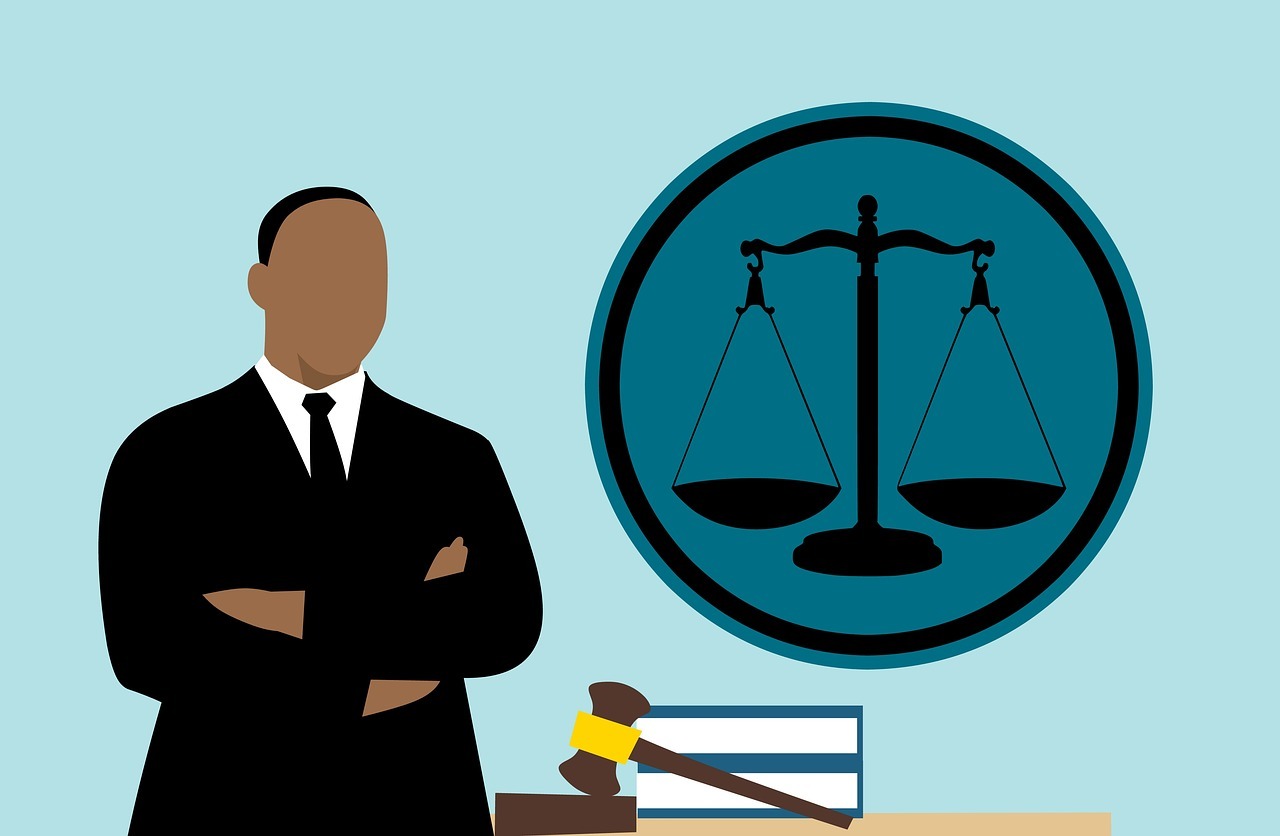Advocate’s Office run from Residence not subject to Property Tax

Introduction
In a recent order of the Hon’ble Supreme Court, a two – judge bench of Hon’ble Justice Augustine George Masih and Justice B.V Nagarathna upheld the judgment of Hon’ble Delhi High Court wherein it was ruled that the services which are rendered by the advocates to their clients are ‘professional services’ and not in the nature of ‘business establishments’ and therefore cannot be subject to Property Tax by the Municipal Corporation of Delhi. It was also emphasized by the Court that the activities undertaken by independent lawyers or law – firms cannot be classified as commercial establishments due to the professional nature of tasks undertaken and services provided and therefore cannot be the subject matter of property taxation by the respective municipal bodies.
The cause of action in the present case arose when the South Delhi Municipal Council, in the year 2013 had issued a notice to an independent legal practitioner rendering his professional services from his residential premises to submit property tax to the authorities which subsequently led to filing of a suit by the Advocate in the Hon’ble High Court of Delhi wherein a single – judge bench ruled in favour of the petitioner and therefore prompted the South Delhi Municipal Council to file an appeal in the High Court.
Contentions of the South Delhi Municipal Council
It was contended by the Municipal Authorities that the services of lawyers, law firms and independent legal practitioners should be included within the ambit of ‘business buildings’ and therefore the residence wherein such activities are undertaken should be considered as a ‘commercial establishment’ which lies under the subject matter jurisdiction of the municipal council and can therefore be taxed by the authority.
However, in reference to the above contentions of the SDMC, it was clarified by the Hon’ble High Court of Delhi that a premise does not become a business or commercial premise just due to the reason that a lawyer reads his files or carries out any miscellaneous legal work in his residence. The statute also does not include the professional activities undertaken by the lawyers as commercial activity and therefore the laws empowering the municipal councils to collect taxes cannot overreach the statute itself. Additionally, the Delhi Municipal Corporation Act 1957 does not empower the municipal council to collect tax from the residential premises or professional activities which are conducted in the residential premises.
While deciding upon the taxation jurisdiction of the South Delhi Municipal Council, the Hon’ble Supreme Court also referred to the judgment of State of West Bengal V. Kesoram Industries Ltd.[1] Wherein it has been noted that “the power to tax must be expressly laid down, else there is no power to levy tax”, leading to the inference that the Master Plan for Delhi (MPD) 2010 permits professional activities to be carried out from residential premises under certain conditions and restrictions and has force of law as laid down by the judgment of Manushi Sangathan vs. Government of Delhi & Ors. [2]
The view of the Hon’ble High Court of Delhi has also been shared by a division bench of the Hon’ble Bombay High Court in the judgment of Sakharam Narayan Kherdekar v. City of Nagpur Corporation & Ors. [3] wherein it was noted that the discharge of professional activities by advocates would not be considered as commercial business activities and their residential offices would not be commercial professional establishments due to the fact that the term ‘establishment’ under the Bombay Shops and Establishments Act, 1948 restricts the interpretation of the term to ‘shops’ which fundamentally differ from residential properties and establishments.
Both the Delhi High Court and the Supreme Court of India have also observed that the term ‘commercial establishment’ under the statutes refers to ‘an establishment or administrative service wherein the persons employed are primarily engaged in office work’. The office or establishment of a lawyer is not administrative in nature and the earnings of lawyers or their clerks cannot be compared with those of employees engaged in commercial establishments due to the very nature of their services.
Conclusion
The courts, while deciding the present issue have applied strict interpretation of taxation statutes to derive the conclusion that there cannot be an inferred application of taxation laws and in case that the statute directly excludes the application of taxation and the jurisdiction of the Municipal Council from residential establishments of lawyers, its application cannot be extended from executive action or discretion.
This judgment has acted as a progressive step towards the interests of advocates, doctors, chartered accountants and other eligible professionals whose services do not come under professional establishments and proven beyond reasonable doubt as to whether such establishments can be taxed or not.
[1] https://indiankanoon.org/doc/879535/
[2] https://indiankanoon.org/doc/35420695/
[3] https://indiankanoon.org/doc/457272/
King Stubb & Kasiva,
Advocates & Attorneys
New Delhi | Mumbai | Bangalore | Chennai | Hyderabad | Mangalore | Pune | Kochi | Kolkata
Tel: +91 11 41032969 | Email: info@ksandk.com
By entering the email address you agree to our Privacy Policy.